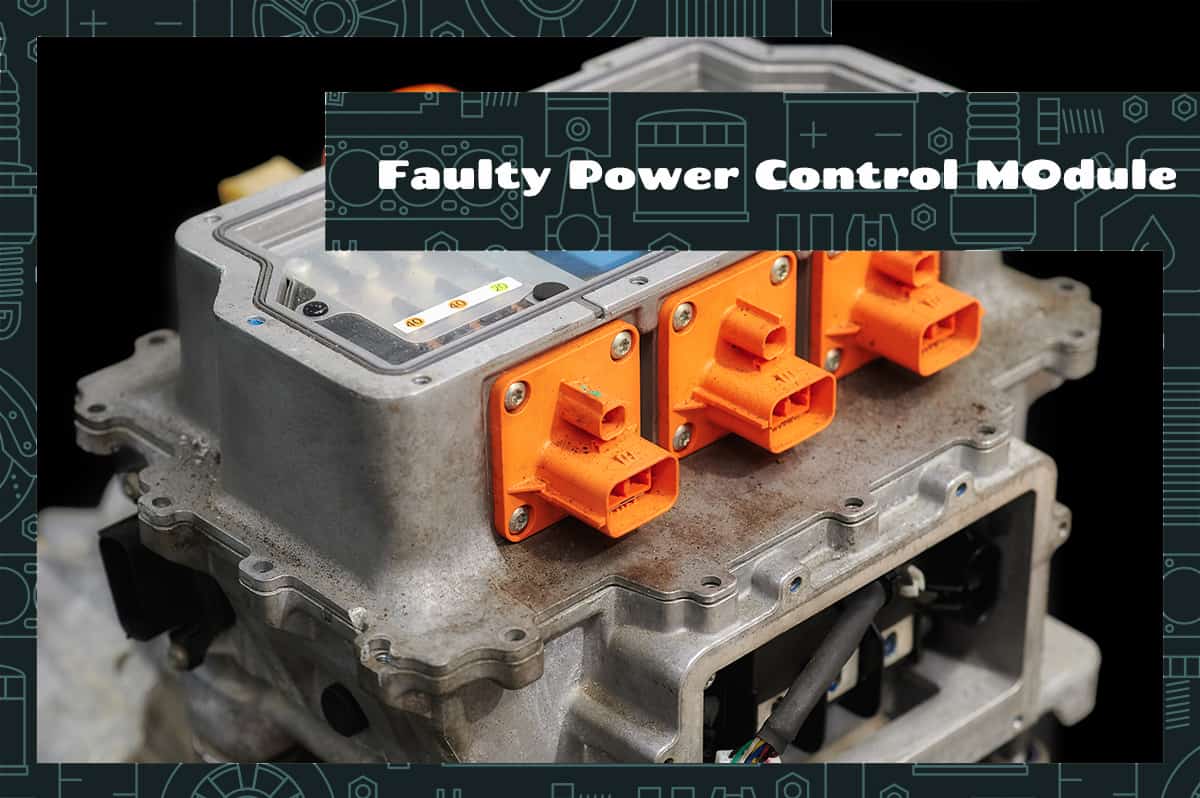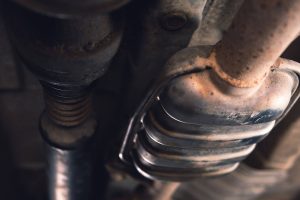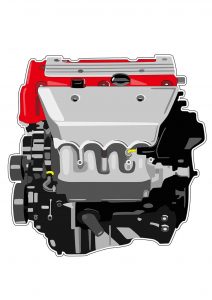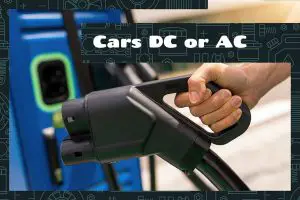Powertrain Control Module is the brain behind the brawn, controlling multiple facets of your vehicle’s operation, from the engine to the transmission. Despite its sturdy design, a PCM can sometimes develop faults which can adversely affect vehicle performance.
The Powertrain Control Module (PCM) is your vehicle’s main computer. It controls key systems like the engine, transmission, and emission control. Common symptoms of a faulty PCM include erratic engine behavior, problems with shifting gears, fluctuating fuel economy, ignition troubles, and increased vehicle emissions.
In this comprehensive guide, we will delve deeper into the intricacies of PCM, its importance, symptoms of failure, diagnostic techniques, as well as possible solutions.
A Quick Introduction to the PCM
A Powertrain Control Module, or PCM, is a vital component in your vehicle. In simple terms, it’s the car’s brain responsible for controlling and coordinating the functions of various parts of the powertrain. The powertrain includes the engine, the transmission, and the drivetrain system.
The PCM is a micro-computer that receives signals from various sensors in the vehicle, interprets the data, and uses that information to control and adjust engine parameters for optimal performance. It’s like the central processing unit (CPU) of a computer but for your vehicle.
PCM Technical Breakdown
Inside the PCM are two subsystems, the Engine Control Module (ECM) and the Transmission Control Module (TCM). The ECM manages engine functions, including fuel mixture, ignition timing, and emissions control, while the TCM handles transmission functions like gear shifting.
In essence, the ECM and TCM are the PCM’s left and right hands. They work together to ensure that your vehicle operates smoothly and efficiently. The PCM communicates with these subsystems using an internal network called the Controller Area Network (CAN) bus.
The PCM plays a pivotal role in ensuring your vehicle’s optimal performance. It continuously monitors and analyzes data from numerous sensors placed throughout the vehicle. These sensors monitor conditions such as air-fuel ratio, engine temperature, throttle position, vehicle speed, and more.
Based on the data it receives, the PCM adjusts various vehicle functions. For example, if the engine is running too hot, the PCM may adjust the cooling fan’s speed or the engine timing. If the oxygen sensor indicates a lean air-fuel mixture, the PCM will adjust fuel delivery to ensure optimal combustion.
The PCM also plays a crucial role in your vehicle’s diagnostic system. If it detects a problem, it triggers the “Check Engine” or “Service Engine Soon” light on your dashboard and stores a trouble code that can help diagnose the problem.
Symptoms of a Faulty PCM
When the PCM begins to fail, it can present a range of symptoms. Identifying these early can save you from more severe issues down the line.
1. Erratic Engine Behavior
This can manifest in several ways. You may notice frequent engine misfires, causing your vehicle to jerk or hesitate during acceleration. This is due to the PCM failing to properly regulate the engine’s air-fuel mixture or ignition timing.
In other cases, you may experience a sudden loss of power while driving, or your engine may stall unexpectedly. A malfunctioning PCM can also prevent the car from starting altogether. These issues arise when the PCM can’t correctly control the fuel injection system or ignition system.
2. Problems with Shifting Gears
The PCM is instrumental in regulating your vehicle’s transmission. It determines when and how the transmission shifts gears. When it’s faulty, you may experience erratic shifting patterns. Your vehicle may ‘hard shift’ uncomfortably between gears, or it may refuse to shift at all, leaving you stuck in one gear.
In automatic vehicles, a failing PCM might cause the transmission to go into ‘limp mode’. This is a safety feature that locks the transmission into a single gear to prevent further damage but allows you to drive the vehicle to a service station.
3. Fluctuating Fuel Economy
Since the PCM controls your engine’s fuel mixture, a failing PCM can lead to a noticeable decrease in fuel efficiency. You may find yourself having to fill up the gas tank more frequently, even if your driving habits haven’t changed. This occurs when the PCM erroneously enriches the air-fuel mixture, causing more fuel than necessary to be burned.
4. Ignition Troubles
When the PCM is faulty, you may experience issues such as trouble starting the vehicle, the engine not turning over, or the vehicle unexpectedly shutting off while on the move. Moreover, a faulty PCM may trigger the “Check Engine” light or the “Service Engine Soon” light on your dashboard.
5. Increased Vehicle Emissions
It helps in regulating the air-fuel mixture and the operation of the exhaust system, including the catalytic converter, to minimize harmful emissions.
When the PCM malfunctions, your vehicle may produce higher emission levels, causing it to fail an emissions test. You may also notice excessive black or white smoke coming from the exhaust, indicating a rich or lean air-fuel mixture respectively.
Common Causes of PCM Failure
While the PCM is designed to last the lifetime of your car, it’s also prone to failure. This can be the result of numerous factors, including:
1. Electrical Issues and Voltage Overloads
Voltage overloads, often caused by faulty wiring, can damage the PCM. Short circuits or incorrect jump-starting procedures can also lead to excessive voltage, causing the PCM’s electronic components to burn out or malfunction. Electrical disturbances like these are one of the most common causes of PCM failure.
2. Environmental Factors
The PCM, located in the engine compartment, is exposed to high temperatures, which can cause thermal stress and lead to circuit board failure over time. Likewise, exposure to excessive moisture or water can cause corrosion or short circuits in the PCM.
In addition, vibrations from the vehicle can lead to physical stress on the PCM and its connections, leading to intermittent issues or total failure. Dust and debris can also infiltrate the PCM housing, causing damage over time.
3. Software Problems and Corrupted Data
The PCM runs on software that can sometimes fail or become corrupted. A glitch in the software can cause the PCM to behave erratically or stop working altogether. This can occur due to incorrect software updates, software conflicts, or bugs in the original software. In some cases, reflashing or updating the PCM’s software can resolve these issues.
4. Battery and Alternator Problems
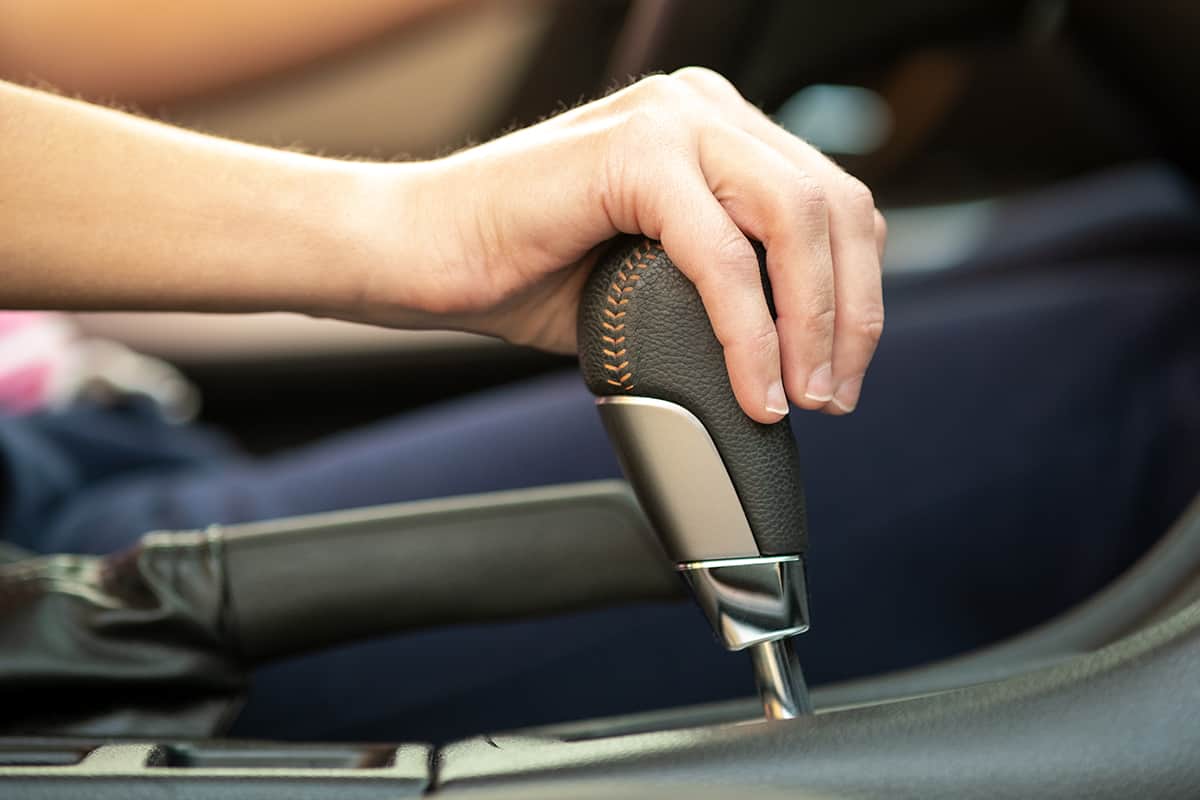
Issues with other components in your vehicle’s electrical system, like the battery or alternator, can lead to PCM failure. A dying battery or a malfunctioning alternator can cause voltage fluctuations that can damage the PCM. Therefore, maintaining a healthy electrical system is crucial for preventing PCM problems.
Cost to Repair or Replace the PCM
When your vehicle’s PCM begins to fail, you have two options: repair or replace—both of which may cost a pretty penny.
Repair Costs of the PCM
In some cases, PCM problems may be repairable. This could include reprogramming or “reflashing” the PCM’s software or repairing minor electronic faults. The cost for this kind of repair can vary widely based on the complexity of the problem, the make and model of your vehicle, and the labor rates of the mechanic or technician.
On average, you could expect the repair costs to range from $200 to $500. However, it’s important to note that not all PCM problems can be repaired. In many cases, replacement may be the only viable option.
Replacement Costs of the PCM
Replacing a faulty PCM is often a more expensive proposition. The cost can vary significantly depending on factors like the make and model of your vehicle, the cost of the new PCM, and the labor rate of the technician installing it.
As for the part itself, a new PCM can range anywhere from $500 to over $1,000. This is a specialized component, and its price can vary widely. It’s crucial to ensure that the new PCM is compatible with your vehicle and that it’s programmed correctly for your specific make and model.
Adding in labor costs, which can range from $100 to $200, you’re likely looking at a total replacement cost in the ballpark of $600 to $1,500. However, prices can go higher for luxury or high-end vehicles.
